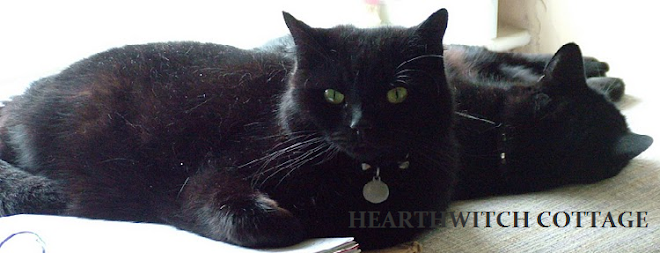Delicate as lace, the creamy elderflower is held up against the sunlight by remarkably sturdy green stalks. Sunlight is necessary for these pretty little flowers to transcend the decorative, turning them into a flavoursome staple of summertime beverages.
Taste aside, the elderflower has some interesting healing properties which make it a handy ingredient to have in your herbal repertoire. Acting particularly effectively as an anticatarrhal and expectorant, it is useful at this time of year for those of us who battle with rhinitis (hayfever) and sinusitis, as well as inflammations of the mouth and throat.
Brewing the flowers into a tea is particularly tasty when combined with blackcurrant, which has high levels of vitamin C. Soaking cotton wool pads in the cold tea and placing over the eyes provides soothing comfort for eye strain and conjunctivitis. You can also gargle with a mouth wash infused with elderflower to aid sore throats and even use the cold tea to heal chapped skin and cold-sores (herpes simplex).
However, perhaps the most enjoyable use of the flowers is in cordials, wines and champagnes. Here is a simple little recipe for traditional, syrupy Elderflower Cordial, from Joanna's Food...
* 25 elderflowers - stalks removed
* 1kg sugar
2 lemons - grated, squeezed and chopped up
* 50g citric acid (your chemist should stock this)
* 1 litre cold (previously boiled) water
Put all the ingredients into a bowl in a cool place (not a fridge) for two days. Stir occasionally and after the forty-eight hours are up, strain and pour into sterilised bottles using a funnel. As long as the bottles are kept in the fridge, the cordial should keep for months. Dilute to drink.
Happy foraging fellow summer-lovers!
















.jpg)
.jpg)








